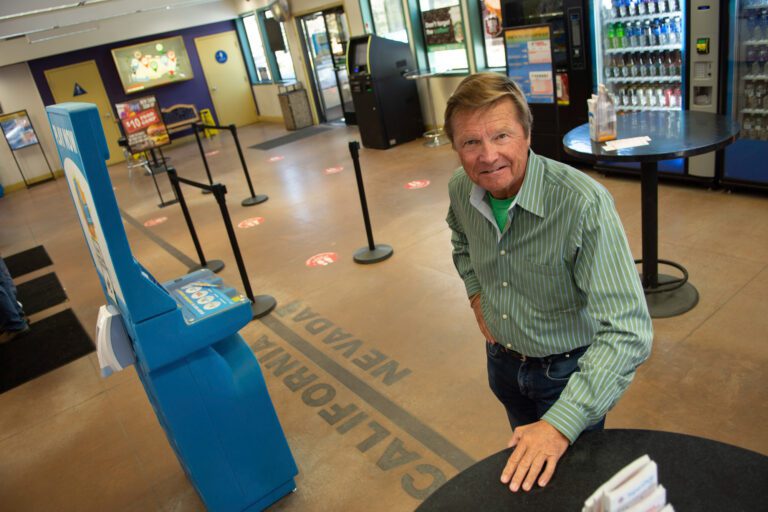The Future of Gambling in the U.S.: Hawaii’s Potential Move and Nevada’s Stalemate
This week, significant developments in gambling legislation have emerged, with Hawaii poised to potentially legalize sports betting. This change could leave Utah as the sole state in the U.S. devoid of any form of legalized gambling. In contrast, Nevada continues to uphold its longstanding ban on lotteries, a decision that remains contentious.
Hawaii’s Sports Betting Legislation
Recent discussions in Hawaii’s legislature suggest strong support among lawmakers to legalize online sports betting. This unexpected turn in 2025 has caught the attention of industry analysts, including gaming expert Steve Ruddock, who noted this as a surprise headline for the year.
The proposed legislation, known as HB1308, would allow for the issuance of four online sports betting licenses, each with a $250,000 fee. Operators would be taxed at a rate of 10% on their profits, and the bill includes provisions for a problem gambling prevention fund. The House has passed the measure, and the Senate’s recent amendments now send it to a conference committee for final tweaks before reaching Governor Josh Green, who has expressed neutrality regarding its passage but acknowledges potential economic benefits.
Nevada’s Ongoing Ban on Lotteries
In contrast to the progress in Hawaii, Nevada has once again witnessed the failure of a proposal to lift its ban on lotteries. The latest attempt, AJR5, was abruptly terminated without even a committee hearing. Speaker of the Assembly Steve Yeager (D-Las Vegas) cited economic uncertainty, high implementation costs, and the minimal expected revenue as primary reasons for this decision.
Although the measure initially received bipartisan support, including backing from the Culinary Workers Union Local 226, the proposal’s lead sponsor, Assm. C.H. Miller (D-North Las Vegas), opted not to seek re-election. Yeager noted that interest in the proposal seemed lacking, as no conversation occurred until shortly before the deadline.
Consequently, Nevadans wanting to purchase lottery tickets, such as Powerball and Megabucks, must continue to travel to California, where lottery operations thrive. This ongoing ban has raised concerns, particularly given a recent poll revealing that 84% of Nevadans support creating a state lottery, preferably benefitting youth mental health programs.
Opposing Views on Lottery Legislation
The Nevada Resort Association, a strong opponent of the lottery measure, emphasized the potential harm a lottery could inflict on the state’s flourishing casino industry, which reported over $15 billion in revenue last year. Association President Virginia Valentine commended lawmakers for rejecting the resolution, asserting that they preserved Nevada’s longstanding policy. In contrast, Culinary Secretary-Treasurer Ted Pappageorge expressed disappointment, arguing that denying a hearing on the measure blocked Nevadans’ voices from being heard.
Comparative Context: Gambling in Other States
With Hawaii and Utah remaining as the only states lacking any form of legal gambling, the economic and social implications are increasingly highlighted. While Nevada enjoys substantial revenue from its casino industry, neighboring states like Alabama and Alaska have limited offerings, primarily consisting of tribal gaming. This underscores the varied landscape of gambling regulations across the country.
Looking Ahead
As Hawaii moves forward with its sports betting legislation, the gaming industry is watching closely, particularly Boyd Gaming, which has historically catered to customers in Hawaii. The company, which has investments in sports betting operations, has indicated that potential tax revenue from legalized sports betting may not be as bountiful as proposed.
Conclusion
The ongoing negotiations in Hawaii could mark a significant shift in U.S. gambling laws, while Nevada’s reluctance to adopt a lottery continues to spark debate. As these developments unfold, they will undoubtedly shape the future of gambling in America, with potential repercussions for both local economies and industry leaders.


